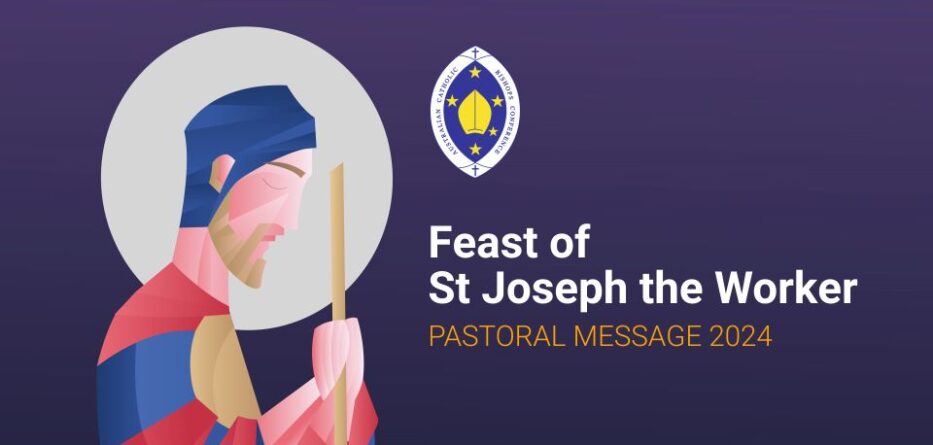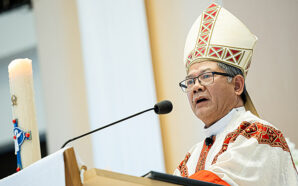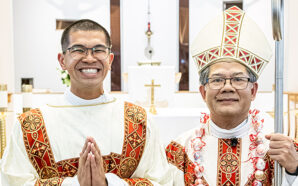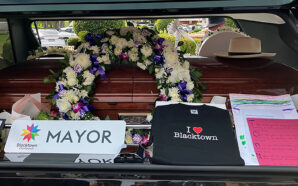As Chair of the Australian Bishop’s Commission for Social Justice, Mission and Service, Bishop Vincent has released his Pastoral Message for the Feast of St Joseph the Worker 2024.
“In this year’s Feast of Saint Joseph the worker message, we reflect on the disproportionate challenges faced by our First Nation sisters and brothers in employment. Work is vital for all of us. It gives us meaning and a sense of self worth. Yet in Australia, First Nations people are almost twice as likely to be unemployed as non-indigenous Australians.
In this year’s feast of St Joseph the Worker Message, we reflect on the disproportionate challenges faced by our First Nations Sisters and Brothers in employment.
Work is vital for all of us. It gives us meaning and a sense of self-worth. Yet in Australia, First Nations people are almost twice as likely to be unemployed than non-indigenous Australians. We cannot accept this as a permanent state of affairs.
The current situation is worrying enough, but the future presents us with more employment challenges. First Nations people are more likely to be working in fields susceptible to automation. It is critical that we have a national policy to support workers transitioning to new fields as automation advances, otherwise the gap in employment levels will continue to widen.
Aboriginal and Torres Strait Islander Peoples need more urgent action to address this inequality. One assessment of the current Closing the Gap initiative suggests that it will take a hundred years to achieve equality in employment outcomes.
We know that better education standards improve the chances of getting a job, but there are significant barriers preventing First Nations kids from achieving their potential. Targets to close the gap for education are mostly not on track.
Many First Nations Peoples face discrimination at work. 59% of First Nation’s employees report being the target of discrimination and harassment at work, impacting on their careers and mental health.
Indigenous Australian’s earn just 73 cents for every dollar earned by non-indigenous Australians.
Many First Nations People live in remote and regional communities. The greatest barrier to employment in remote communities is a critical shortage of jobs, yet programs, such as the Community Development Program, paint First Nations Peoples as “dole bludgers”, and strip them of the right to dignity in work, by tying income support to tasks, such as mowing lawns or attending funerals, that provide no skills or pathways to paid work. These jobs also pay far below the minimum wage. There is no dignity in that at all.
In the parable of the vineyard, the owner employs and pays the last workers as much as the first. Jesus challenges his followers to see and act with the concern, generosity and compassion of the vineyard owner. We are called to create a society where the well-being of the disadvantaged is a matter of priority for everyone.
Let us work together to end inequity among our First Nations people and make our founding dream of Australia fair a reality.”
Visit the Australian Bishop’s Office for Justice, Ecology and Peace for more information.
To find out more about Parramatta Diocese’s Peace, Justice and Ecology events, please visit our website.








